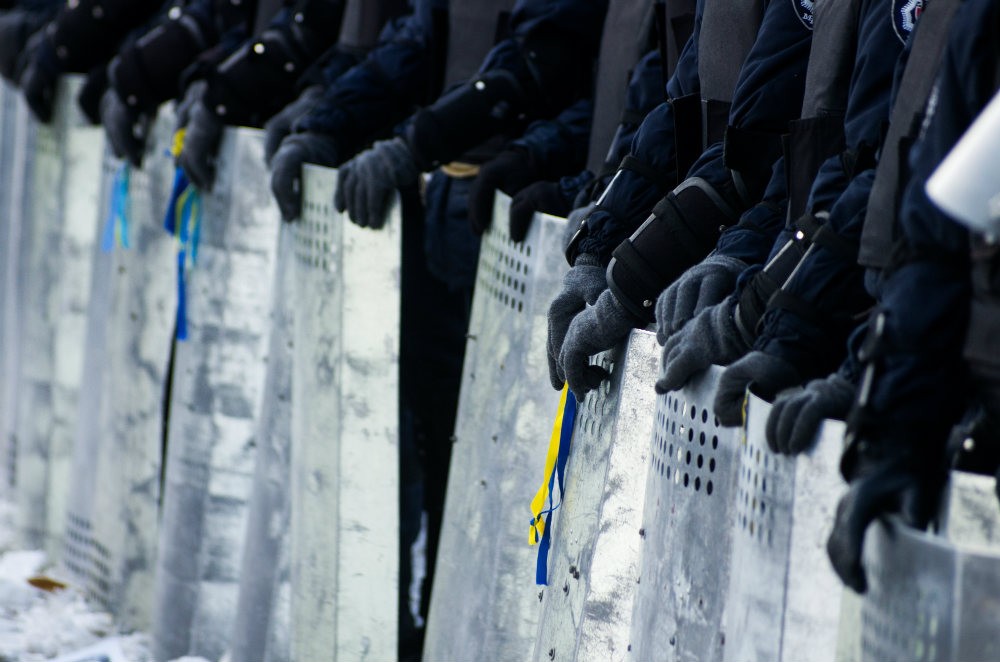Learning costly resistance from Bonhoeffer
Cheap resistance is like cheap grace. It risks very little.

In The Cost of Discipleship, Dietrich Bonhoeffer distinguishes between “cheap grace” and “costly grace.” Cheap grace requires nothing from us. Bonhoeffer describes it as “grace without discipleship, grace without the cross, grace without Jesus Christ, living and incarnate.” We are not changed by cheap grace, and so it is not really from God. Costly grace, on the other hand, “is the call of Jesus Christ at which the disciple leaves his nets and follows him.”
But costly grace is not just costly; it is also grace. “It is costly because it costs a man his life,” writes Bonhoeffer, “and it is grace because it gives a man the only true life.” Bonhoeffer points us to the false dichotomy between preserving our lives and responding to the needs of the world. It is through costly grace that we receive our real lives.
In treacherous times, when powerful people and systems threaten us or others, we have to ask what God wants us to do—and we have to accept that doing it will cost us something. While there is a chance that the choices faith asks us to make will result in physical death, as it did for Bonhoeffer, the cost is likely to stop short of that. Choosing to do the right thing probably won’t make our hearts stop beating.




